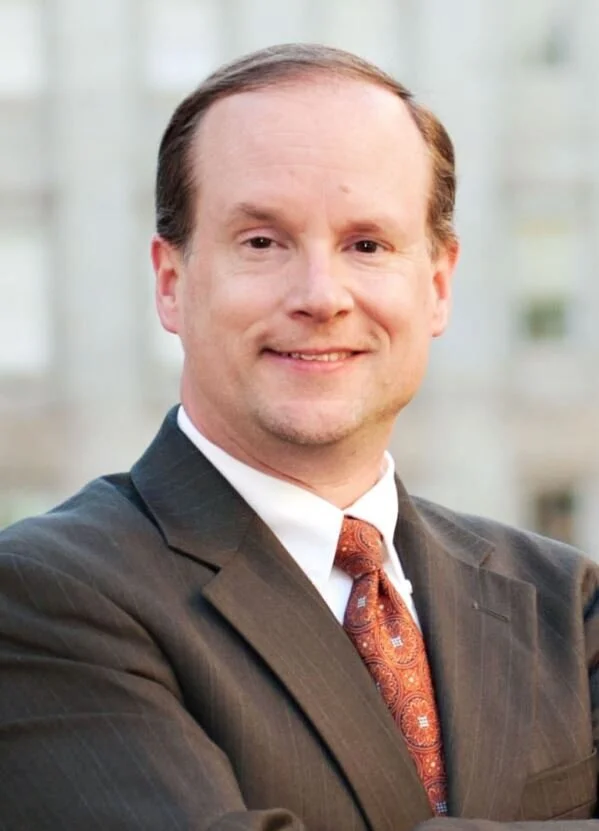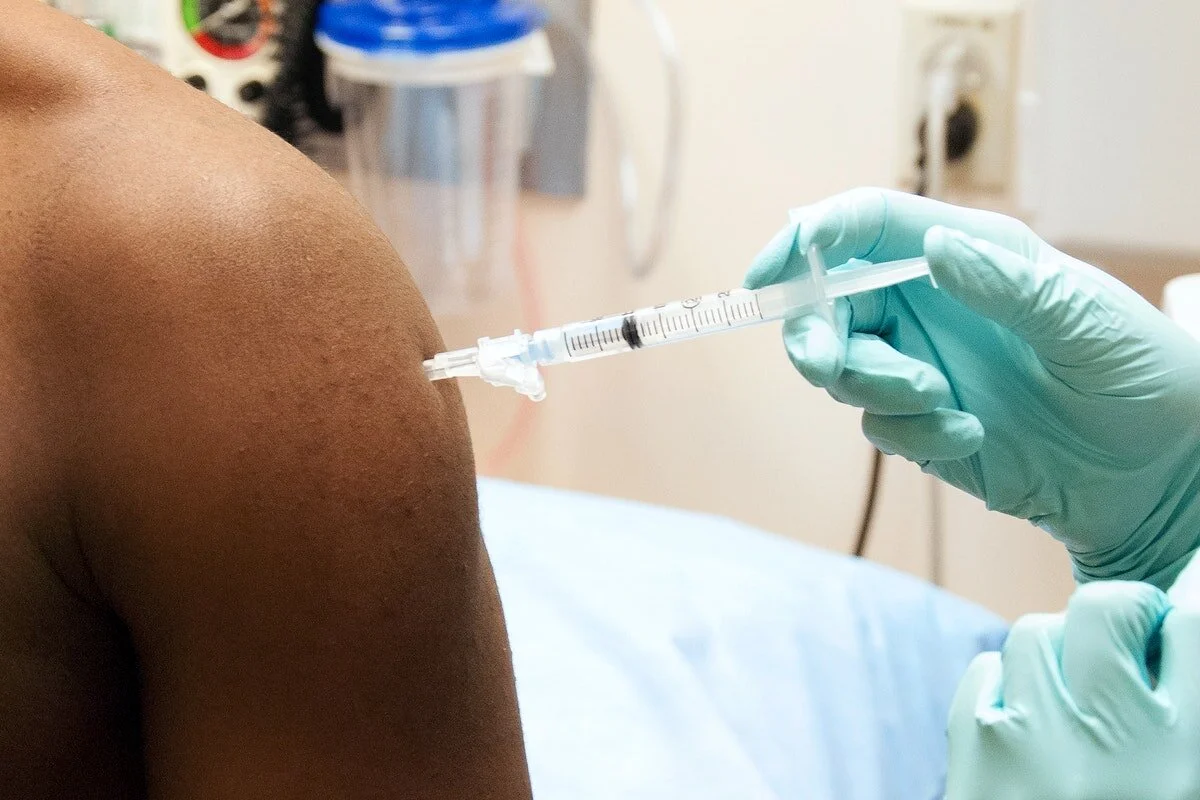We need more and better policing
RALEIGH — One of the best ways to save black lives and help poor North Carolinians would be to increase funding for North Carolina police departments and sheriffs.
That’s the core recommendation of a new report by my John Locke Foundation colleague Jon Guze, an attorney who heads up Locke’s legal studies. Although his thesis may sound counterintuitive in our present political moment, it is based on recent history, sound reasoning, and well-established research findings.
The first and foremost responsibility of any government is to protect the lives, liberty, and property of its citizens. Performing that function well requires, among other things, enacting protective laws and then funding law enforcement agencies and the courts to ensure those laws are applied swiftly and justly to deter crime.
Of course, governments can spend tax money poorly even on core functions. In the case of criminal justice, however, Guze convincingly argues that during the 1980s, 1990s, and 2000s, North Carolina and other states didn’t lean too much into law enforcement. They leaned too much into incarceration.
From 1950 to 1975, for example, American governments spent about $3 on police for every $1 on prisons. By the early 21st century, the ratio has fallen to $1.5 on police for every $1 on prisons.
“While the extent to which mass incarceration helped bring about the eventual decline in crime rates is contested, it almost certainly had at least a modest deterrent effect,” Guze writes. “The costs of achieving that modest level of deterrence, however, were extremely high. It required an enormous increase in public funding. . . and it added considerably to the woes of the poor and black communities that were already carrying so much of the burden of the crime wave.”
That last point underlines why fighting crime effectively tends to produce tremendous benefits for African-Americans, by the way. It isn’t just that blacks account for a disproportionate share of the incarcerated population — and thus of former inmates who may struggle to get work or otherwise reenter society. It is also that blacks make up a disproportionate share of crime victims.
In 2019, about two whites out of 100,000 were victims of a reported crime. For blacks, the rate was 17 out of 100,000. After decades of decline, homicides and other violent crimes are surging right now in many cities, including several here in our state. Guze argues that black and poor North Carolinians will pay a heavy price unless state and local officials get out ahead of the problem.
That means hiring more police officers, paying them more, and providing them better training. And it means deploying them in a true “community policing” model, one designed to discourage people from committing crimes in the first place rather than one designed to maximize arrest and detention rates.
Guze cites numerous studies that demonstrate a link between effective policing and public safety. When well-meaning activists chant “defund the police” as a means of protecting people’s lives and dignity, they reveal a misunderstanding the causal relationships involved. “Deploying more active-duty police officers in high-crime, high-disorder communities,” he writes, “will result in fewer crimes. Fewer crimes will mean fewer arrests and convictions. And fewer arrests and convictions will mean lower levels of incarceration.”
Again, while his case for more (and more effective) policing may sound odd to some ears, Guze is providing a new and innovative argument for ancient wisdom and common sense. His argument also happens to constitute sound political advice for policymakers across the spectrum. Democrats already discovered during the 2020 cycle that any hint of a “defund the police” mentality is electoral poison in any jurisdiction that isn’t colored deep-blue. As for Republicans, embracing community policing as a fiscal priority is likely to be save significant money for taxpayers in the long run, although its upfront costs may be substantial.
It’s worth it. None of us should want to see North Carolina’s homicide rate continue to rise — because, yes, all black lives matter.



